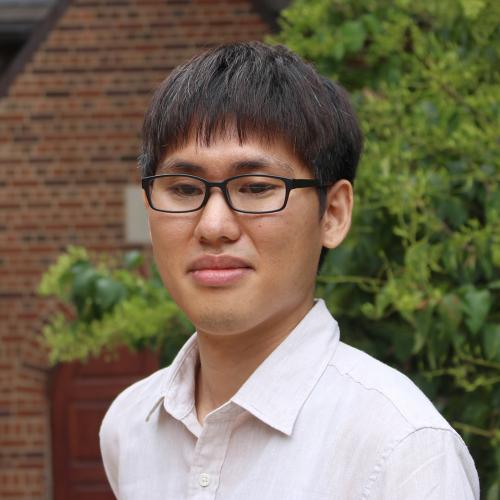Assistant Professor JooYoung Seo has received a $5,000 grant from the nonprofit organization Teach Access to develop and implement a new accessibility module. Seo was one of 19 recipients nationwide who were awarded a faculty grant to infuse accessibility into curricula by creating "modules, presentations, exercises, or curriculum enhancements centered around the fundamental concepts and skills of accessible design and development."
Seo's module will be integrated into his course, Introduction to Data Science (IS 407), and cover topics such as accessible data visualization, multimodal data representation, and accessible data reproducibility. Students will learn how to incorporate multimodal data representations—such as data verbal description, data sonification, and data tactilization—into their data storytelling process and how to integrate accessibility into standard reproducible data workflows using tools such as R Markdown, Jupyter Notebooks, Interactive Shiny dashboard, and Quarto.
As part of the grant requirements, recipients will add their new materials to the Teach Access Curriculum Repository, which will be freely available to anyone interested in utilizing curricula to teach accessibility. Seo will also share the accessibility module on GitHub as an open-source project, in order to foster its adoption by the wider community.
"As an educator, my mission is to ensure that the beauty of data science is accessible to all," said Seo. "This new module, supported by the generous Teach Access grant, will provide a unique opportunity for students to understand and integrate accessibility in their data visualization and storytelling process. It's not just about learning a skill—it's about fostering an inclusive perspective that considers diverse audience experiences in every step of data processing. I believe this approach will widen their understanding and consideration of accessible user experiences in their future careers in the field."
Seo is an RStudio double-certified data science instructor and accessibility expert who is certified by the International Association of Accessibility Professionals (IAAP). His research focuses on how to make computational literacy more accessible to people with dis/abilities using multimodal data representation. He earned his PhD from the Learning, Design, and Technology Program at Pennsylvania State University.
